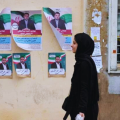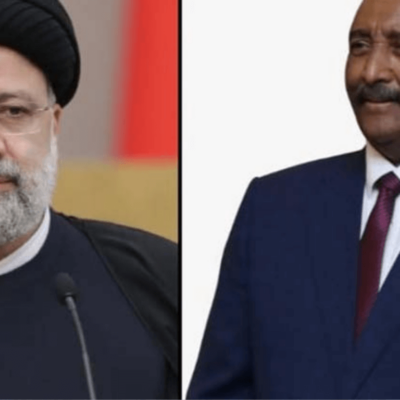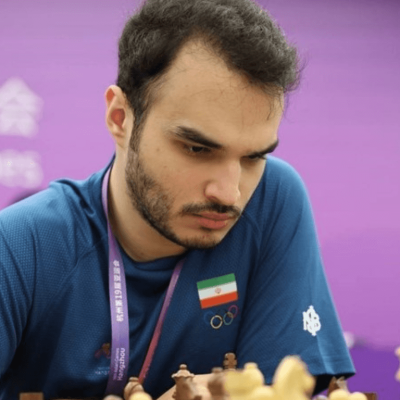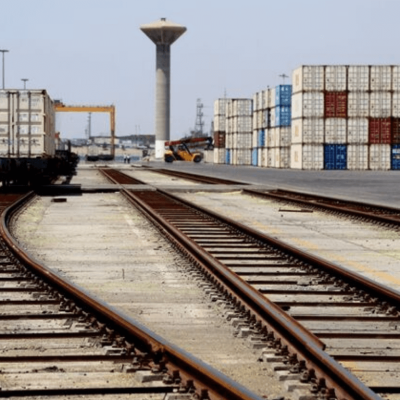West refrains from confronting Iran as IAEA meeting starts
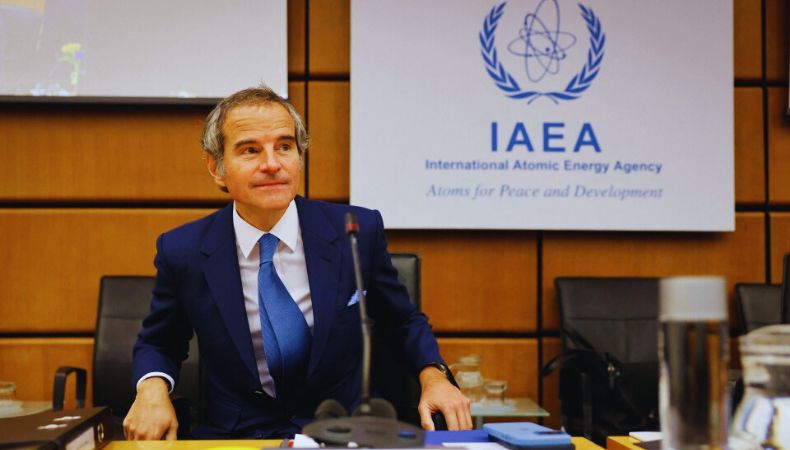
The U.N. nuclear watchdog’s quarterly meeting began, with Western powers again refraining from confronting Iran for its lack of cooperation.
The quarterly assembly of the U.N. atomic watchdog’s primary decision-making body commenced with Western powers receiving a cautious position towards Iran’s non-compliance. Western negotiators uncovered that in spite of more than a year passing since the International Atomic Energy Agency (IAEA) passed a determination encouraging Iran to participate with an examination into uranium particles found at undisclosed destinations, there was an imminent nonattendance of genuine showdown.
Background of IAEA and Iran nuclear deal
The International Atomic Energy Agency (IAEA) is an organization entrusted with advancing serene employment of atomic energy and anticipating its abuse for military purposes. It conducts reviews and confirms compliance with shields ascension to guarantee nations don’t occupy atomic materials for weapons.
The Iran atomic bargain, formally known as the Joint Comprehensive Plan of Action (JCPOA), was reached in 2015 between Iran and the P5+1 bunch (United States, United Kingdom, France, Russia, China, and Germany). Beneath the understanding, Iran concurred to constrain its atomic program, counting lessening its enhanced uranium stockpile and permitting IAEA assessments in trade for lifting financial sanctions.
In any case, in 2018, the United States pulled back from the JCPOA and reimposed sanctions on Iran, citing concerns around Iran’s ballistic rocket program and territorial exercises. In reaction, Iran started steadily abusing its JCPOA commitments, counting expanding uranium improvement levels past the limits set by the ascension.
Since then, there have been progressing transactions and pressures encompassing the Iran atomic issue, with endeavors to resuscitate the JCPOA and bring both Iran and the United States back into compliance. The IAEA plays a significant part in observing Iran’s atomic exercises and confirming compliance with any accession.
Diligent Issues between Iran and the IAEA
The determination, passed by the IAEA’s 35-nation Board of Governors, underscored the direness for Iran to address concerns with respect to the follows of uranium found at undisclosed locales. In any case, Iran’s compliance with the determination has been constrained and full of challenges. Whereas the number of undisclosed locales beneath examination has diminished from three to two, the obstacles in Iran’s participation with the IAEA have been duplicated.
Iran’s disappointment to honor its commitment to reinstall IAEA cameras at a few locales and its choice to bar certain auditors in September have strained its relationship with the worldwide community. Rafael Grossi, the director general of the IAEA, communicated profound lament over Iran’s activities amid the Board assembly, emphasizing the need of valuable engagement to address the existing concerns.
Hesitance to Heighten Discretionary Pressures
In the midst of the background of heightening pressures within the Middle East, especially due to Israel’s military operations in Gaza and the pending U.S. presidential races, Western powers, driven by the United States, showed a hesitance to assist heighten discretionary pressures with Iran. Negotiators from Western countries, counting the United States, highlighted the tricky nature of the territorial flow and the potential dangers related with activating assist conciliatory grinding.
The United States, in specific, abstained from pushing for a determination against Iran at the IAEA assembly, citing different variables contributing to the complex geopolitical scene.
Concerns around potential miscounts and unintended results in the midst of increased territorial pressures underscored the cautious approach received by Western powers.
Feedback of Iran’s Activities and Atomic Aspirations
In spite of the cautious conciliatory approach, both the United States and European powers, collectively known as the ‘E3’—comprising Britain, France, and Germany—have been vocal in their feedback of Iran’s activities and its atomic desire.
One of the essential focuses of the dispute revolves around Iran’s developing stockpile of improved uranium, which, in case advancements are improved, may possibly fuel a few atomic bombs.
Related Posts
Iran keeps up that its atomic program is entirely for serene purposes and denies any purposeful development of nuclear weapons.
The amassing of enhanced uranium proceeds to be a source of concern for the universal community, fueling skepticism and inciting calls for more prominent straightforwardness and participation from Iran.

